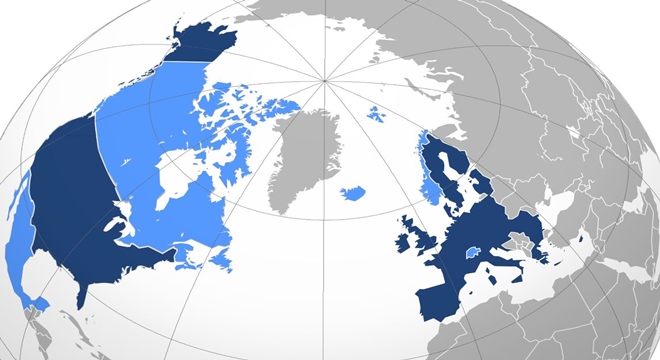At the end of the Cold War, the collapse of the Soviet Union left the United States as the only global superpower of its kind. Over the last two decades, however, China has emerged as an economic, military, and now, global superpower.
Aside from China, in which its leader Xi Jinping has been regarded by some as the world’s most powerful man, Germany is also on the rise as a global superpower in recent years. Its leader, Angela Merkel, is presumably the most powerful woman in the world.
Both China and Germany have surged in global influence in recent times particularly the result of pandemic-related responses and stronger transatlantic cooperation.
In a recent study on the state of transatlantic relations, researchers affiliated with the German Marshall Fund of the United States concluded that China’s global influence is on the rise, as is Germany. The U.S. and the European Union, including France in particular, are slipping in influence but are still dominant, according to the report.
In the report, China’s influence on international trade and the digital transition has refurbished the minds of many populations in the Eastern Hemisphere, driving increasingly favorable public opinion.
“Despite focus on China’s global influence in recent years, it still fails to rival the United States—even after a significant pandemic bump. Nonetheless, it would seem that China and Germany are on the rise, while the European Union, France, and the United States are slipping,” the co-authors stated in the report.
“Even in the midst of the coronavirus crisis, climate change is the top priority for transatlantic cooperation for the French, Germans, and Americans aligned with the Democratic party.”
Before the World Health Organization (WHO) declared a global pandemic with the SARS-CoV-2 outbreak spreading, the U.S. remained as the most influential nation globally. The EU and China followed closely in second place. As the pandemic gripped the global stage, China’s influence surged dramatically, however. The U.S. and the EU remained dominant.
When it comes to U.S. and EU relations, key issues considered crucial for the U.S. and the EU to cooperate on include climate change and counter-terrorism intelligence sharing, the report states.
However, Germans were more likely to view climate change as their biggest challenge facing the world, while French and Americans were more concerned with terrorism and extremism both domestically and internationally-based.
The study, conducted in January of 2020, and then again in May of 2020, was initiated via an online survey among a couple of thousand French, German, and American adult respondents.
“The report thus serves as a comprehensive overview of the major trends shaping transatlantic relations, compares public policies with public perceptions in all three countries, and strengthens trilateral French-German-U.S. dialogue on issues where public opinion is in favor of closer cooperation,” the co-authors detailed in the publication.


